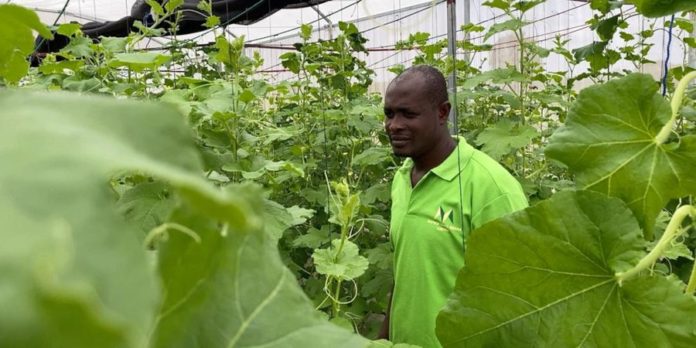Ghanaian agronomists report farmers in the West African nation have switched to growing crops that do not require imported fertilizers after prices skyrocketed resulting from the war in Ukraine.
Agronomists in the West African nation reported that they recorded a 60 percent decline in fertilizer imports and a surge in prices resulting from the war in Ukraine and western-led sanctions on Russian companies.
Felix Kamassah, a Ghanaian vegetable farmer said the increased costs have pushed him and his peers into producing crops that require less inputs.
“We have to look at other alternatives to make sure that we are in business because (as) commercial farmers, when we want to rely on fertilizer importation, for now you can’t make any good profit out of it because it’s a big challenge,” said Kamassah.
Nana-Aisha Mohammed, the manager for the African Fertilizer and Agribusiness Partnership in Ghana, said global prices for inputs have stabilized but it will take approximately six months before retails prices follow suit.
“The dynamics of fertilizer crisis in Ghana have slightly changed. Globally, the prices are stabilizing. However, it will take about six months for retail prices to catch up,” said Mohammed.
“This is largely due to logistics and supply chain issues… we also as a country are facing some economic challenges, which means that our currency is not very stable and it’s performing very poorly against the trading currency which is the dollar,” he added.
Fiifi Boafo, the spokesperson for Ghana’s Cocoa Board said farmers can use chicken manure as an alternative. “In terms of quality it is even better for us to rely on the poultry manure than the inorganic fertilizer that we import because that is natural,” said Boafo.
“It has shown that it rather builds a soil structure better than the inorganic fertilizers we import. The only challenge, however, is that coming by it is a bit more difficult compared to accessing the inorganic from the market,” he added.








